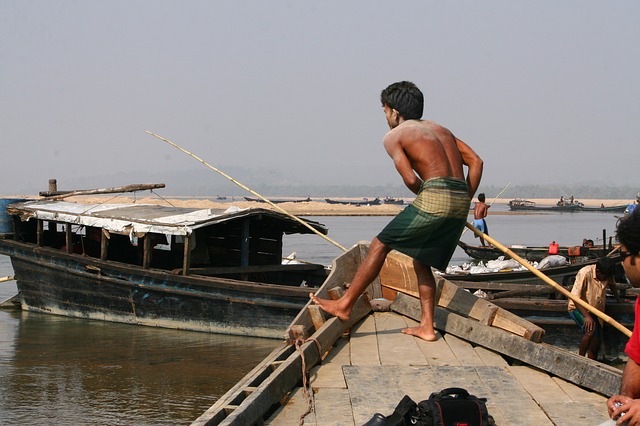
Just because you have a lot of experience with fishing doesn’t mean you know everything there is to know. Those who are brand new may think that they have no clue. Regardless of your experience level, there is always something new to be learned about fishing. Read on to find out more.
Do not spend a lot of money on fishing gear. Expensive equipment will not enhance your joy, or your catch. Pick gear that fits your budget, and you’ll feel better about the time you spend using it in the water.
When fly fishing in a stream, cast upstream of your desired fishing hole and allow the current bring the lure down automatically. This will give your bait a more natural appearance, increasing your odds of a fish biting. Be careful not to allow a lot of slack line to go into the water.
Seek the best spot in which to fish, and then cast your line upstream from there. The force of the current will carry your baited hook right into your target. The downstream drift of the water will attract fish to your bait. For areas with an obstruction, this method is very useful.
It can be challenging to fish around lots of vegetation. Such areas, however, are often places where fish love to hang out.
If you are out deep sea fishing, you should look out for indications of fish close by. You may run across debris such as wood floating in the water. Frequently, you will see large game fish around that area. Also look for seagulls who are eating small fish, as this often indicates that larger fish are located under the water’s surface.
If you are fishing close to the bank, be careful not to accidentally set a fire. A lot of people smoke cigarettes as they fish, which is potentially dangerous for starting accidental blazes. The bank is wet, but surrounding leaves and branches can catch fire.
A successful fishing trip needs the right tools for the right job. Your plan of action will determine what types of lures or live bait you must bring. It is important to learn which lure works best in which situation.
Always carry extra food and drink whenever you are out on the water, particularly during the summer. The sun will dehydrate you quickly, so you will need plenty of water and food to give you an energy boost to help you successfully catch those fish. Depending on the length of your trip, bring a few meals and some snacks.
Prior to going fishing, check the weather. The weather can be unpredictable, especially if you don’t look it up beforehand. If you don’t check the weather, you might find yourself in a bind that you can’t get out of. To ensure your safety, always investigate the local weather reports before you leave for your trip.
Bass and Walleyes can often require special lures and bait. Leeches are a great choice. Add an inch or so of water to the bottom of a ventilated container; this will ensure that the leeches are kept alive overnight.
Let go of a big fish if it turns around when reeling in. When this happens it means your line is actually too short and can’t really keep up with some reel and pump action. In the future, wait just a bit longer before you begin to reel your fish in.
It makes no difference if you have fished many years or if you are just starting out. Fishing can always be fun for anyone of any skill level! Remember that if you persevere, you will get better and achieve any goal that you set for yourself.